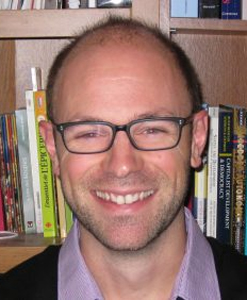
Are older generations of Quebecers less trusting than younger ones? A new study by York University researchers finds the Quiet Revolution in Quebec had a strong influence on how trusting Quebecers are of each other.


Assistant Professor Cary Wu of the Faculty of Liberal Arts & Professional Studies, and Associate Professor Andrew Dawson, Chair of the Department of Sociology at York’s Glendon Campus, examined the impact of the Quiet Revolution on levels of trust for people born during and after this time.
When the researchers compared the trust levels of those born prior to the Quiet Revolution of the 1960s to those born after 1960, they found a significant difference in social trust levels.
“Older generations of Quebecers socialized prior to the Quiet Revolution of the 1960s are significantly less trusting compared to those born in the province after 1960,” says Wu. “Usually, older generations are more trusting than young ones, but in this case it’s the opposite.”
The Quiet Revolution had a significant impact on culture and religion and diminished the influence of the Catholic church on subsequent generations. This influence is seen in the varying levels of trust between generations.
“The findings suggest that the modernization and secularization brought on by the Quiet Revolution has generated a long-term positive impact on trust,” says Dawson.
However, when the researchers controlled for religious beliefs and modernization, they discovered younger Quebecers, like their counterparts elsewhere, are actually less trusting than older generations.
Overall, Quebec has been shown to have a consistently low level of social trust. In the 2013 Canadian General Social Survey (CGSS) by Statistics Canada, only 35 per cent of Quebecers said they had trust in most people. In the rest of Canada, 65 per cent had trust in others. For this study, the researchers analyzed data from the CGSS from 2003, 2008 and 2013.
“This general lack of social trust may have been transferred from older generations, from prior to the Quiet Revolution, to subsequent generations,” says Dawson, “but there is reason to believe those younger generations are gradually becoming more trusting.”
The paper was published in the journal of Canadian Review of Sociology.
